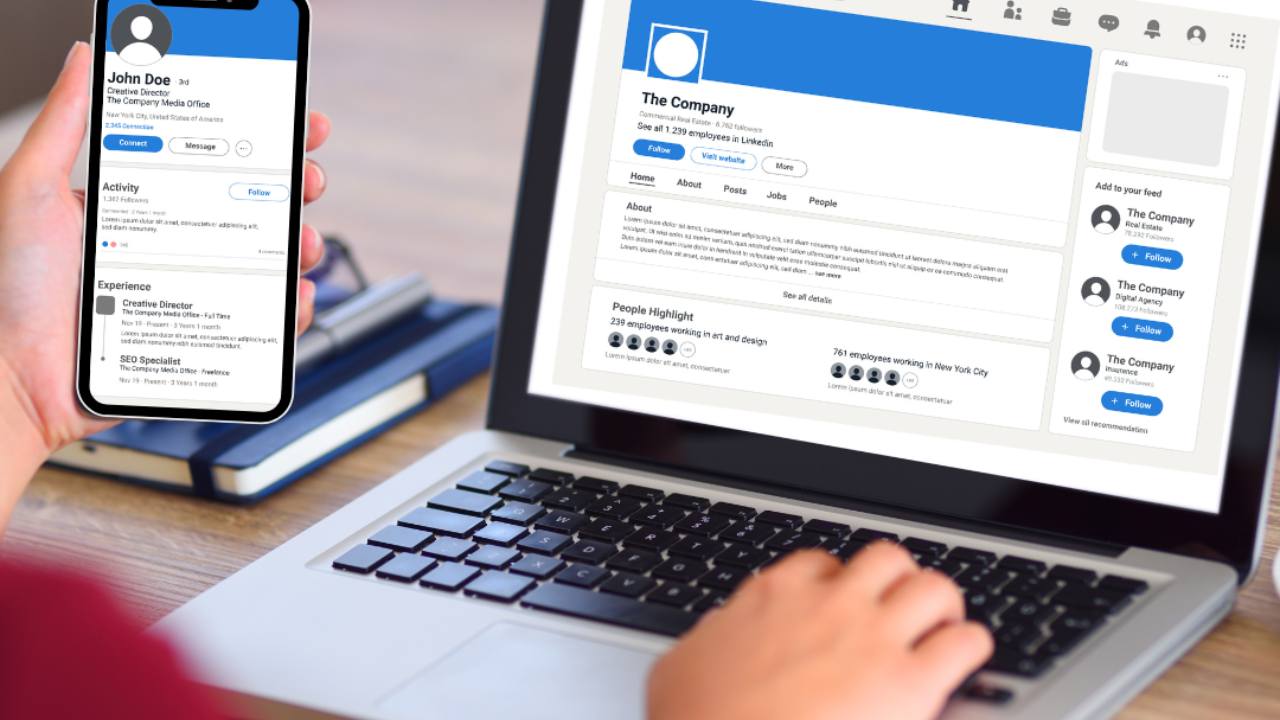Allied Health and Nursing: Why Consider a Non-Clinical Career?

For many allied health professionals and nurses, clinical work is deeply fulfilling. However, an increasing number of professionals are exploring non-clinical career options. The decision to transition away from clinical work is often driven by various personal and professional factors. Here are some common reasons allied health professionals and nurses consider a non-clinical career:
1. Burnout and Work-Life Balance
Long hours, emotional strain, and high patient loads can take a toll on well-being. Many professionals seek roles that allow for greater flexibility, reduced stress, and improved work-life balance. Burnout is a significant concern in healthcare, with many practitioners experiencing exhaustion, compassion fatigue, and even questioning their career choices. A non-clinical career can provide a fresh start, allowing professionals to stay in healthcare without the emotional and physical toll of patient-facing roles.
2. Desire for Career Growth and New Challenges
Some professionals feel they have reached a ceiling in their clinical careers and are looking for new challenges, leadership roles, or opportunities for professional development that may not be available in traditional patient-facing roles. Moving into a non-clinical career can open doors to executive positions, policy-making, and entrepreneurial ventures. Whether it's working in healthcare consulting, medical writing, or education, many non-clinical roles provide room for continuous learning and advancement.
3. Physical Demands of Clinical Work
Certain health care roles involve physically demanding work that becomes unsustainable over time. Professions like physiotherapy, occupational therapy, and nursing require long hours on one’s feet, lifting patients, and performing repetitive physical tasks. Over time, these demands can lead to chronic pain or musculoskeletal issues. Moving into a non-clinical role allows professionals to continue using their expertise without the physical strain, ensuring longevity in their careers.
4. Interest in Broader Impact
Many professionals want to make a difference on a larger scale—whether through education, policy development, research, health technology, or management. Non-clinical careers can offer opportunities to shape the healthcare system in meaningful ways. For example, a physiotherapist might transition into a role developing rehabilitation programs for large hospital networks, or an occupational therapist may move into policy-making to improve workplace ergonomics. The ability to influence change at an institutional or national level can be deeply fulfilling.
5. Preference for Non-Patient-Facing Work
Not everyone enjoys the high-pressure environment of direct patient care. Some professionals find greater job satisfaction in roles that focus on education, administration, consulting, or research. Working in a non-clinical setting allows individuals to contribute to healthcare in ways that align more with their personality and interests. For example, those with a passion for writing may thrive in medical communications, while those with a knack for organization and strategy may excel in healthcare administration.
6. Career Flexibility and Remote Work
The rise of telehealth, digital health, and corporate healthcare roles has opened up more opportunities for remote or hybrid work, giving professionals the flexibility to design a career that suits their lifestyle. Many non-clinical roles allow for a better balance between professional and personal responsibilities, reducing commute time and providing the ability to work from anywhere. For parents, caregivers, or those seeking more control over their schedules, these options can be life-changing.
7. Transitioning to a Non-Clinical Career: Where to Start?
If you're considering a transition, there are many paths available. Some common non-clinical career options include:
-
Healthcare Consulting – Advising organizations on improving efficiency, patient care, and business strategies.
-
Medical Writing & Communications – Creating educational materials, research articles, or marketing content for healthcare companies.
-
Healthcare Administration & Management – Leading healthcare organizations, hospitals, or private practices.
-
Health Technology & Digital Health – Working in product development, user experience design, or telehealth solutions.
-
Education & Training – Teaching and training future healthcare professionals.
-
Research & Policy Development – Shaping healthcare policies and conducting research to advance the field.
The key to a successful transition is identifying a role that aligns with your skills, interests, and career goals. Consider networking with professionals in non-clinical roles, upskilling through certifications or courses, and exploring opportunities that align with your expertise.
To learn more about thee roles, join Medical Career Plannings online course covering non clinical roles for allied health professionals and nurses here - https://www.medicalcareerplanning.com.au/offers/HLiTFa5z/checkout
Final Thoughts
Stepping away from clinical work doesn’t mean leaving healthcare—it simply means finding a role that better fits your evolving professional and personal needs. Whether you're looking for better work-life balance, financial security, or new career challenges, there are countless opportunities available.
Best wishes,
Dr Ashe Coxon and the Medical Career Planning team

